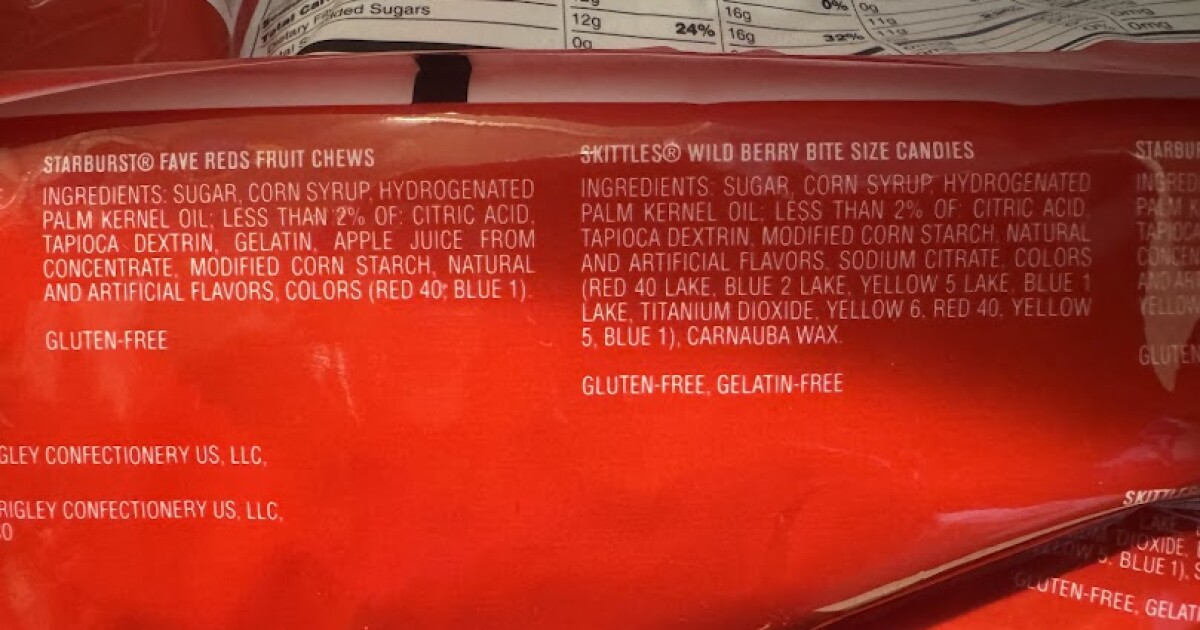Walmart plans to phase out synthetic food dyes and 30 other ingredients from its store brands by 2027. This decision appears to be driven by consumer demand for healthier options.
David Just, a behavioral economist at Cornell University, believes this move shows that many shoppers care about what goes into their food. He pointed out, “When Walmart makes a change like this, it reflects a broader concern among everyday consumers—not just a small group.”
Walmart shoppers are generally mindful of prices. Just thinks the company can implement these changes without significantly raising costs. However, customers might notice subtle differences in some products. For instance, if a popular item was artificially colored to attract kids, its appearance might change slightly.
While switching to more natural ingredients is unlikely to cause major health impacts, Just emphasizes the importance of caution. “There aren’t big red flags suggesting danger in these products, but there are some concerns that make you question if they are the best choice,” he said.
Other brands, like Pepsi and Nestlé, are already reducing or removing artificial dyes. Walmart’s decision could inspire more companies to follow suit, leading to a significant shift in the food industry.
In recent surveys, a large number of consumers expressed a desire for transparency in food labeling. According to a Pew Research study, 65% of adults in the U.S. are worried about the additives in their food. This trend shows that more people are becoming health-conscious and are actively making choices based on ingredient lists.
As Walmart leads the way, this could spark a wider movement towards cleaner eating, prompting changes across the grocery landscape. Keep an eye on how these shifts might influence not just product selection, but also pricing and marketing strategies in the food industry.
Source link


